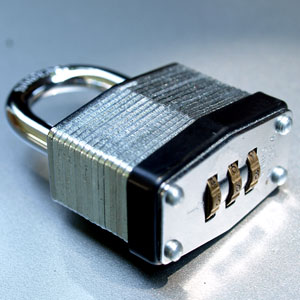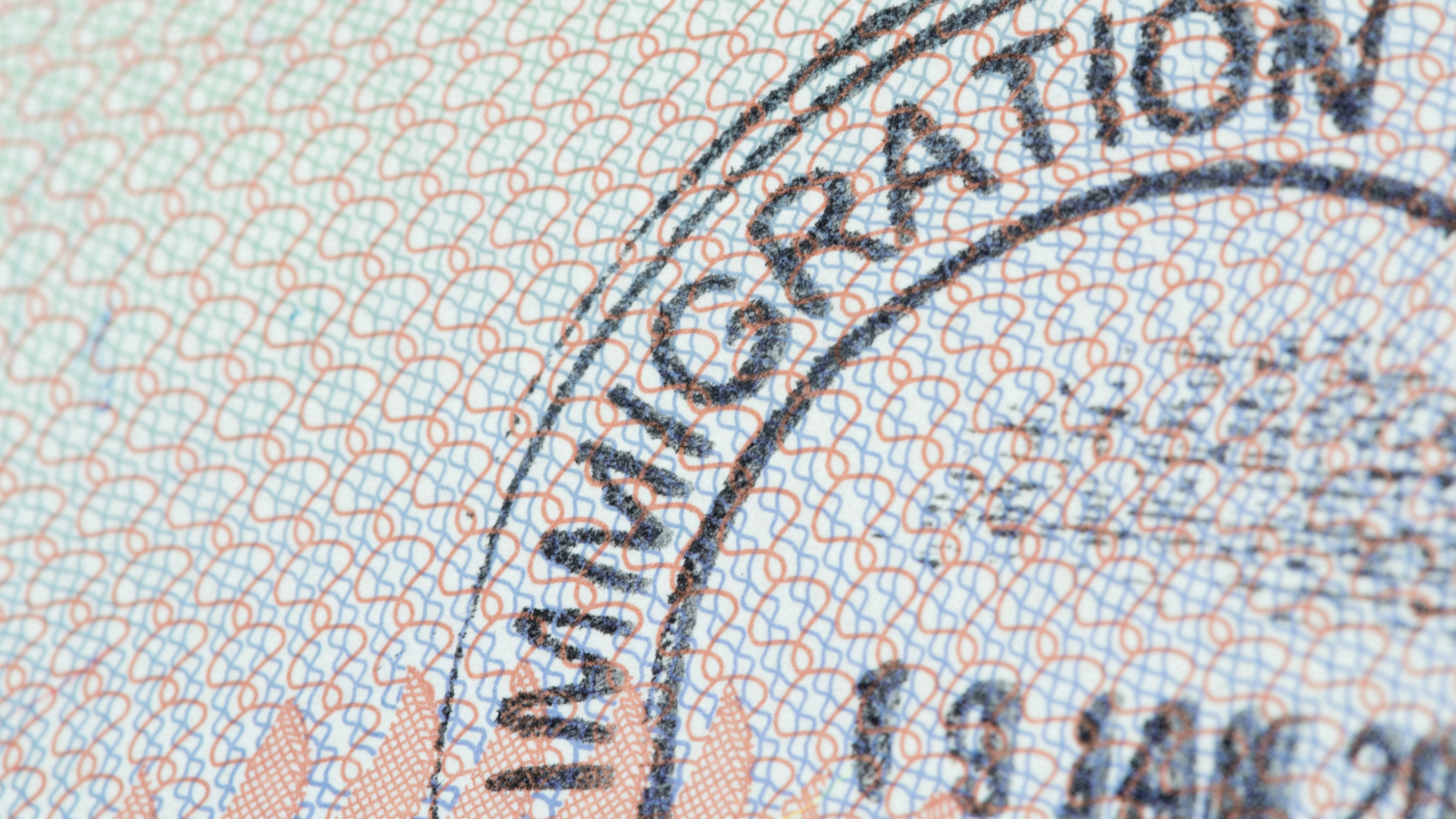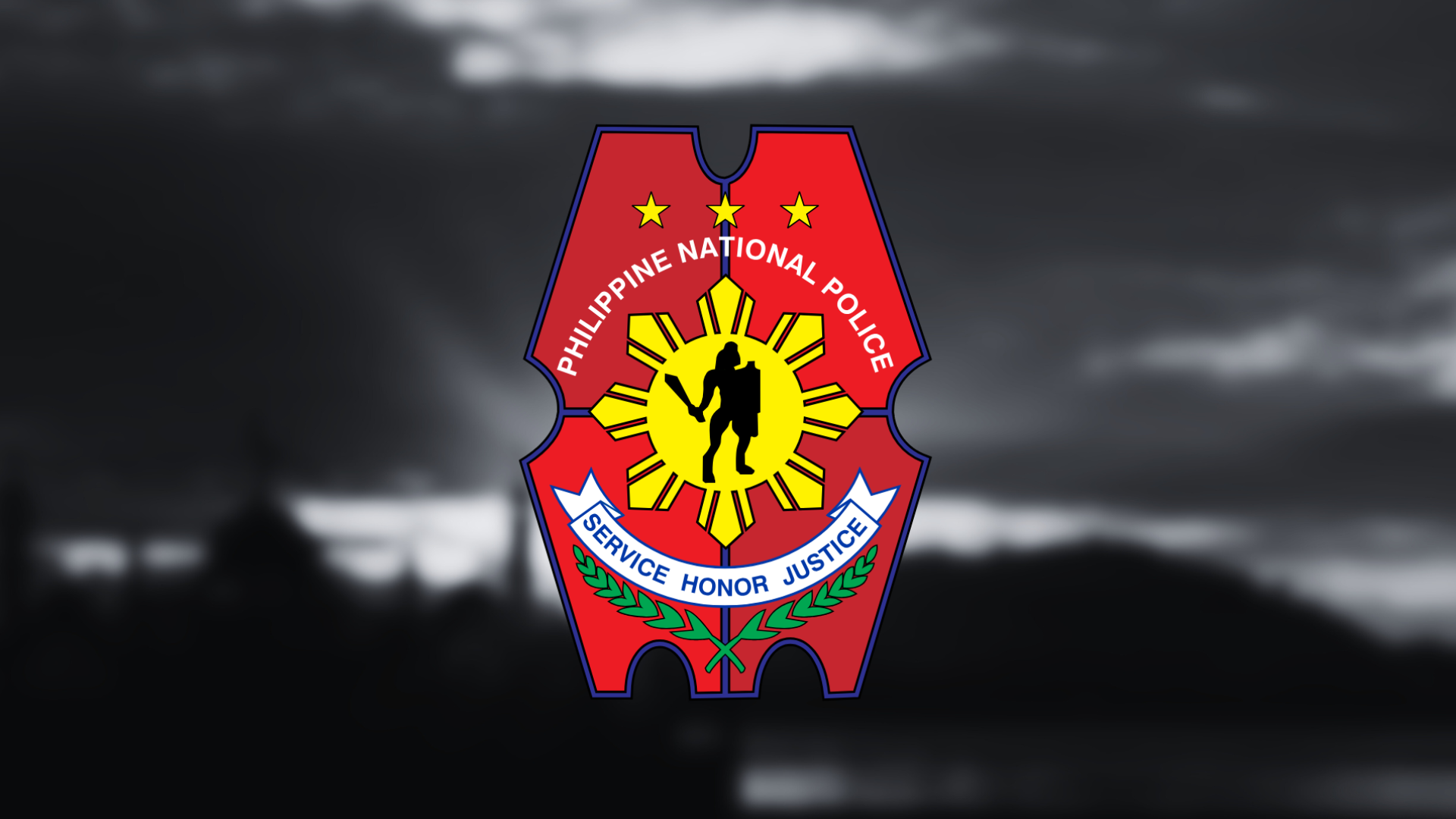Security means different things to different people in different places and at different times. The absence of a single, universally accepted definition of security makes the uninitiated to regard such an important word as “a matter of perspective.”
Clearly, it is not a simple case of calling the ocean what some call the sea. Security, as we all know and agree, is a broad and encompassing term, which explains why some people tend to base their definition of security on their particular needs at best and on their limited understanding at worst. For example, the public views security and security guards as the same. Obviously, it is because the word “security” is built into the profession’s job title.
The cyber world defines security as information system or technology security. The first 10,000 hits in search engines lead to IT Security and this connotes to the researcher that security is all about computers and the Internet. Security to the digital world is password, pins, and encryptions.
 Attaching the word “security” to anything and everything is, in fact, a misrepresentation, e.g., security camera, security lock, security gate, etc., because the act tries to make people believe that security can be assured through its use. We can never find security in a piece of equipment or device; or, even solely in expensive and imported dogs.
Attaching the word “security” to anything and everything is, in fact, a misrepresentation, e.g., security camera, security lock, security gate, etc., because the act tries to make people believe that security can be assured through its use. We can never find security in a piece of equipment or device; or, even solely in expensive and imported dogs.
To the common folks, the roving village volunteers in camouflage pants and black shirt or vest with the glaring and glistening yellow word SECURITY represent security. Though most of them are senior citizens, they somehow have the impression that security comes from the respect of elders. To some, security is when a beefy, muscular person walks around in an all-black get-up; or an average-sized person patrolling with a blaring two-way handheld radio or walkie-talkie.
We live in a fast-evolving world. Gone are the days when it was unnecessary to lock the doors and windows of our homes; a time when people still regard the community as a safe haven; when crime was just something we see and hear in an action-packed movie. We live today faced with a baffling array of threats requiring levels of protection that will sufficiently establish a barrier between our assets and the outside world. We need to be street smart when at ground level, when we are tired from work and when our alertness is down.
We cannot afford to be nonchalant, to ignore these risks believing that they cannot and will not happen to us. This is not paranoia. With these risks facing us, we cannot learn by experience because the first time we meet them might be our last. This applies even to business risks.
Security to most business enterprises is a cost or a cost center. Typically reactive, they act only after harm and injury to assets have been done. To others, it is an investment or a business-enabler. These companies put a premium on their employees’ brand protection and business consulting.
Undoubtedly, it does not take rocket science to explain what security is and is not based on its basic definition, which is freedom from risk or danger. What do we perceive as risk? What poses danger to us?
Most feel safe when there is “security” around, be it a security guard, a barangay tanod, or a police officer. To others, safety is not the realm of security. Can one then be secure but not safe?
Members of the armed forces, the national police, and the civilian government understand security differently. By the nature of their tasks, security is national security to the military. It is public safety or peace and order to the police. To the civilian government, security is the military and the police. To the politicians, security means having bodyguards.
However, we need to be aware of several misconceptions about security, which cause many people to develop a debilitating, false sense of security.
We need to be secure. From whom or what do we need to be secure? What do we need to do at the minimum to be secure?
We need to develop what we call situational awareness. We need to accept that we are all vulnerable. In doing so, we have to be aware of our surroundings. Simply stated, according to Sun Tzu, “Know the enemy, know yourself; your victory will never be endangered. Know the ground, know the weather; your victory will then be total.”
We should ask help from those who have the insight into security situations based on extensive experience in dealing with hundreds of potentially threatening situations every day. We need to cover our security blind spots to identify and strengthen any organizational weak links. Indeed, not all organizations and companies are alike.
Gone are the days of security officers living in a world like an island. The best and brightest person in the security industry who operates alone is nothing compared to one who is equally brilliant but connected real-time to many sources and a relevant knowledge base.
A terrorist or criminal has to be lucky only once, an enterprise needs to be lucky all the time. In view of this, an enterprise must always be proactive and willing to implement best practices, consistently make good calls and have contingency arrangements in order to maintain its position of strength.
Security should be considered in almost all endeavors and activities. Security is both a state of mind and a way of life.•






